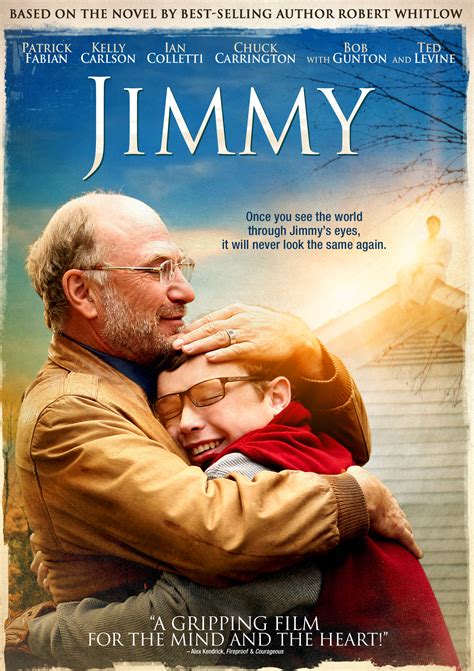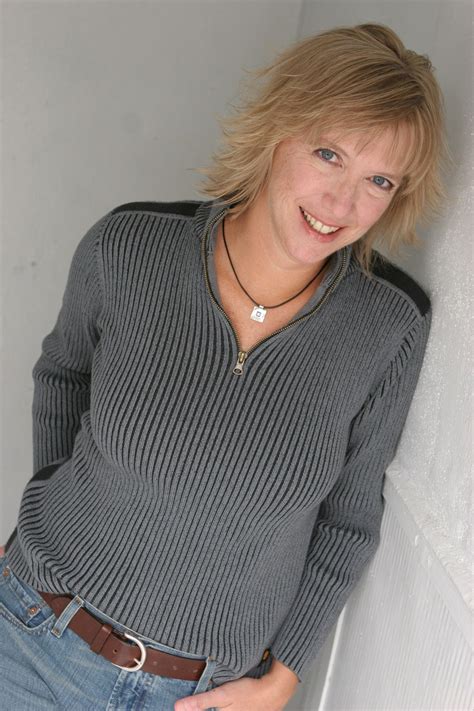Цитата Терри Гудкайнда
Я часто слышу, как люди говорят, что они читают, чтобы сбежать от реальности, но я считаю, что на самом деле они читают, чтобы обрести основания для надежды, обрести силы. В то время как плохая книга оставляет у читателей чувство безнадежности и отчаяния, хороший роман через истории реализованных ценностей и исправленных ошибок может дать читателям связь с чудом жизни. Хороший роман показывает, как можно и нужно жить. Она не только развлекает, но и заряжает энергией и поднимает настроение читателям.
Темы цитат
Книга
«Плохое
убеждение» Приносит
связь
Отчаяние
Делать
побег
Побег Реальность
Найти
хорошее
Услышать
Услышать людей
Надежда
Безнадежность
«Как
я верю»
Оставляет
жизнь
Прожитая
Роман
Часто
только
Должен»
Люди
Люди говорят
Читают
Читатели
Читают
Реальность
Реализованная
действительно
Разум
Говорить
смысл
Показывает
истории
Сила
через
ценности
, а
чудо
Чудо жизни
Неправильные действия
Связанные цитаты
Читатель имеет право верить в то, что, по его мнению, соответствует фактам книги. Нет ничего необычного в том, что читатели уносят с собой то, что духовно расходится с тем, что я сам испытал. Это не значит, что читатели придумывают книгу, которую хотят. Мы все должны согласиться с фактами. Но читатели приносят свои истории и все наборы желаний. Книга будет по-разному дергать за струны этих желаний у разных читателей.
Читая роман, любой роман, мы должны прекрасно знать, что все это вздор, и тогда, читая, верить каждому слову. Наконец, когда мы закончим с этим, мы можем обнаружить — если это хороший роман — что мы немного не такие, какими были до того, как прочитали его, что мы немного изменились... Но это очень трудно понять. сказать только то, что мы узнали, как мы были изменены.
Ухо — единственный настоящий писатель и единственный настоящий читатель. Я знаю людей, которые читали, не слыша звуков предложений, и они читали быстрее всех. Читатели глаз мы называем их. Они понимают смысл взглядов. Но они плохие читатели, потому что упускают лучшую часть того, что хороший писатель вкладывает в свою работу.
Отступление — моя страсть. Я люблю рассказывать основные истории, но в некотором смысле больше всего мне нравится использовать эти повествования как способ связать воедино интересные истории, которые люди как бы забыли, и которые отчасти удивляют. Проблема в том, как вырезать истории, чтобы книга не превратилась в отвлекающую мешанину материала, и читатели не потеряли фокус? По моему опыту, есть только один способ сделать это. Я прилагаю все это к черновику, а затем рассчитываю на то, что я и мои доверенные читатели скажут мне, что хорошо, а что нет.
Роман как форма обычно считается моральным, если его читатели считают свободу, индивидуальность, демократию, неприкосновенность частной жизни, социальные связи, терпимость и надежду морально хорошими, но он не считается моральным, если высшими ценностями общества являются приверженность правила и традиционные нравы, поддержание иерархических отношений и абсолютные представления о добре и зле. Любое общество, основанное на последнем, найдет романы по своей сути аморальными и подрывными.
Некоторые читатели как бы подозревают, что у вас есть другая книга, которую вы не публиковали, в которой содержится еще больше информации. Я думаю, что читатели хотят, чтобы их чему-то научили. У них есть идея, что из романа можно извлечь урок, а не просто быть там, что, я думаю, является огромным удовольствием от чтения.
Я считаю, что ни один писатель не должен пытаться писать роман до того, как ему исполнится тридцать, и только после того, как он был безнадежно и беспомощно вовлечен в жизнь. Писатель, идущий искать материал для романа, как рыбак ходит в море ловить рыбу, наверняка не напишет хорошего романа. Жизнь нужно прожить бездумно, бессознательно, на полную катушку и без всякой цели, кроме самой себя, прежде чем она станет, в конце концов, хорошим материалом для романа.
Мне нравится тот факт, что многие из моих читателей — умные, незаурядные, состоявшиеся люди, непредубежденные и любящие разнообразие. Но еще больше я люблю, когда мои читатели находят прочную дружбу с другими моими читателями — знание того, что они встретились благодаря взаимной привязанности к моим книгам и персонажам, делает меня счастливым!
Я нахожу, что большинство моих читателей в чем-то похожи на меня, это люди, которые были немного наивны в жизни, а затем на горьком опыте узнали, что это то, что происходит, политические игры, и большинство моих читателей пишут мне, рассказывая мне что книга помогла им открыть глаза на то, что другие люди делают с ними.
С моей стороны неискренне говорить, что я не пытался написать моральный роман. По своей природе как роман о войне в Ираке, «Фоббит» вмешивается в политическую беседу. Нет никакого способа избежать этого. Я могу понять, что читатели, вероятно, выстроятся в очередь на той или иной стороне романа. Я надеюсь, что они дойдут до этих полярных крайностей.




































